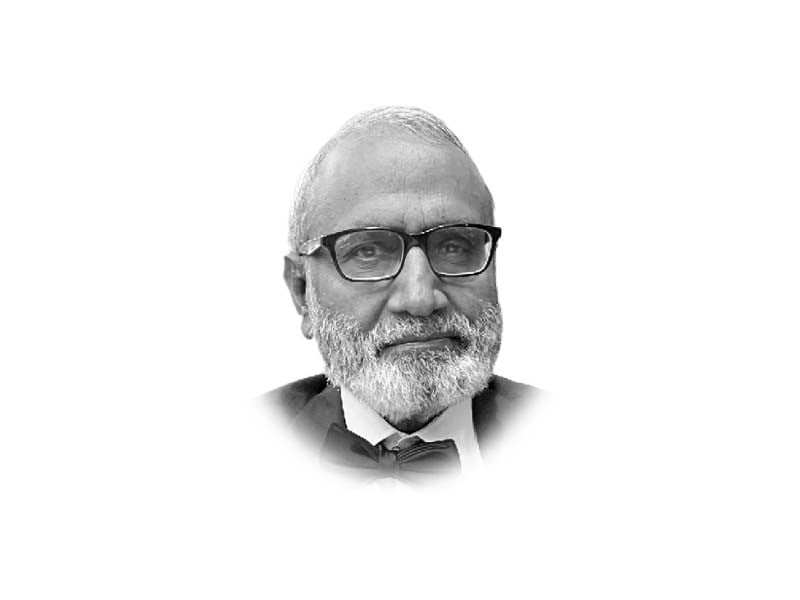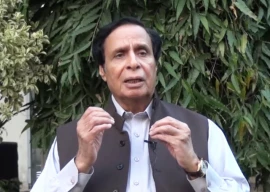
The original script was that Pakistan’s decision-making process stood in the way of foreign investment. Fear of NAB, plain incompetence, palm-greasing and commissions, and multiple windows frustrated foreign investors. The SIFC was created as a supra body to make things happen with the power of the military. This power was also to be deployed to privatise the bleeding SOEs, something that the political class miserably failed to do. All this made pragmatic sense. Effective action on investment and divestment would relieve external as well as internal deficits. A lot of it was doable during the caretaker setup extended until February 2024.
There is some disturbing news, however. It has the potential to detract from the single-minded pursuit of the aforementioned objectives. In the two conclaves with the business class in Karachi and Lahore, the COAS made a passionate statement against corruption and smuggling. Some “rags to riches” cases were mentioned, while exempting the company present. Corruption is a cancer that permeates our society from top to bottom. At the bottom, it is the broader issue of culture change and values. This will change with sustained progress towards an equitable society. Our experience with corruption in high places is disastrous, to say the least. A regime with practically one-point agenda against corruption is now being held to account for its own misdeeds. Not a single case was brought to conclusion. If anything, the campaign cost the exchequer more than it yielded.
Also read Pak Army is national army, all political parties are respectable: DG ISPR
The fantasy of bringing back billions of dollars prevented any serious effort to revive investment and reform the system of taxation. In the past, all anti-corruption campaigns turned out to be witch-hunts against the political class by the military dictators. Ostensibly the last one was against the old guard of politicians by new entrants. The results were no different. In short, all campaigns against corruption were targeted against enemies. Ehtisab Cell and the successor NAB never developed the capacity to investigate and prosecute white collar crimes, knowing full well that the tables will turn with each change of government. So, please, please stay focused on facilitating investment and big-ticket privatisation.
Smuggling is another known detractor. All campaigns led to nowhere. The COAS rightly asked why there was no smuggling on the Eastern borders. The difference is that the Western border divides the same tribes. They believe that it is their right to trade freely. This is their livelihood. One has to visit these remote areas to know that the governments on both sides have done nothing really to provide alternatives. Fencing and deployment of forces have added to costs, but not stopped the flow of goods. Just enter an eatery on Mand-Turbat Road and you see a complete Iranian menu inside and cheap petrol/diesel passing smoothly by the checkpost. Like all other polices, anti-smuggling policies also have a blatant inconsistency.
Also read COAS vows no mercy for May 9 rioters and vandals
Smuggling of petrol hurts big capital and is therefore bad, but smuggling of sugar by big capital is kosher! Talking of inconsistencies and overlaps, we hear of an economic revival taskforce working under a dithering finance minister on economic revival. Economic revival is also the slogan of SIFC. The absence of prime ministers in such meetings is known. But the finance minister was found missing for the first time. Signalling is a key aspect of executing economic policies. Right signalling makes the mare go. The failure of the finance team to find space for electricity relief without violating the IMF programme signals that all is left to the powers that be. The latter can’t afford to be detracted.
Published in The Express Tribune, September 8th, 2023.
Like Opinion & Editorial on Facebook, follow @ETOpEd on Twitter to receive all updates on all our daily pieces.

1724760612-0/Untitled-design-(12)1724760612-0-405x300.webp)















COMMENTS
Comments are moderated and generally will be posted if they are on-topic and not abusive.
For more information, please see our Comments FAQ